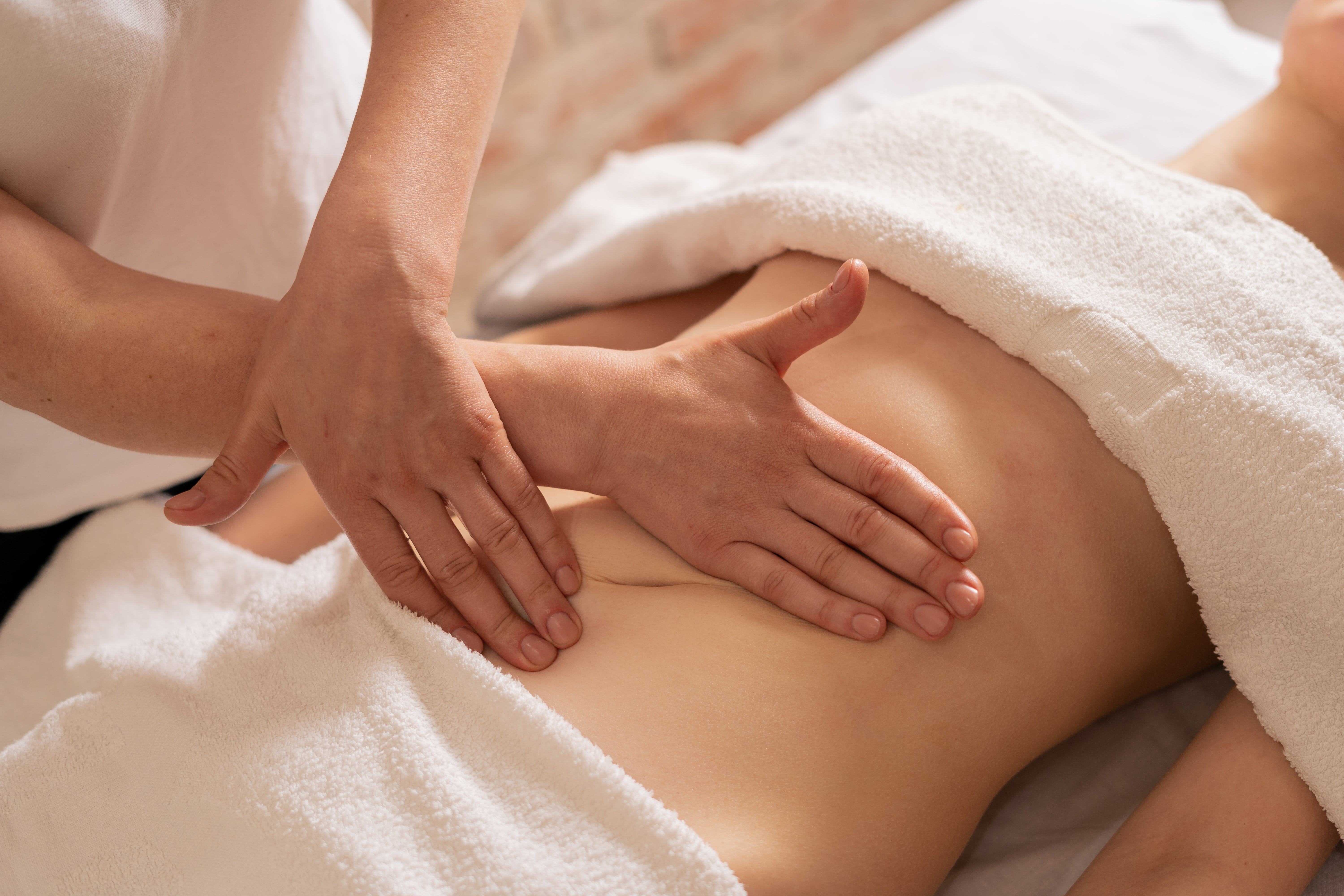Understanding the Link Between Menopause and Bone Health
Menopause is a natural stage in every woman’s life, but it brings significant changes to the body. One of the most important yet often overlooked effects of menopause is its impact on bone health. Estrogen, a hormone that decreases during menopause, plays a key role in protecting bones. When estrogen levels drop, bone density begins to decline more quickly, which increases the risk of osteoporosis and fractures. Women may not notice this immediately, but over time, weakened bones can lead to serious complications.
The Risk of Osteoporosis After Menopause
Osteoporosis is a condition where bones become brittle and fragile due to loss of tissue and minerals. This condition affects millions of women worldwide, and menopause is one of the leading risk factors. Women who experience early menopause or have a family history of osteoporosis are at an even greater risk. Broken bones from osteoporosis can significantly affect mobility, independence, and quality of life. Understanding this connection allows women to take preventive measures before problems arise.
Symptoms and Warning Signs
Bone loss often happens silently, meaning there are usually no obvious symptoms until a fracture occurs. However, some signs may indicate declining bone strength, such as a decrease in height, changes in posture, or back pain caused by collapsed vertebrae. Because symptoms can be subtle, regular checkups and bone density tests are essential during and after menopause. These screenings help detect bone changes early, allowing for timely treatment and prevention.
Lifestyle Habits That Protect Bone Health
Even though menopause increases the risk of bone loss, there are many ways women can take control and strengthen their bones. Lifestyle choices play a major role in maintaining bone health. Regular weight-bearing exercises such as walking, dancing, and light strength training encourage bone growth and prevent further loss. A diet rich in calcium and vitamin D is also essential. Dairy products, leafy greens, and fortified foods provide the nutrients bones need, while sunlight exposure helps the body produce vitamin D naturally. Avoiding smoking and limiting alcohol intake further protect bones from damage.
Medical Support and Treatment Options
For women experiencing rapid bone loss or those already diagnosed with osteoporosis, medical treatments can make a significant difference. Specialists may recommend medications that slow bone breakdown or encourage new bone growth. Hormone replacement therapy is another option that can help balance hormone levels and support bone density. These treatments should always be tailored to a woman’s health history and discussed with a healthcare provider to ensure safety and effectiveness.
The Role of Regular Checkups
Bone health should not be ignored during or after menopause. Regular exams with a healthcare provider help track bone density and assess overall health risks. Bone density scans are simple and provide valuable insight into a woman’s bone strength. Ongoing care allows for adjustments in diet, exercise, and treatments to ensure long-term bone protection. Taking these preventive steps reduces the chance of fractures and supports an active, healthy lifestyle well into later years.
Conclusion
Menopause is a turning point for bone health, but it does not have to lead to fragile bones or loss of independence. By understanding the impact of hormone changes, adopting healthy habits, and working with a trusted specialist, women can protect their bones and improve long-term health outcomes.
Take the Next Step
If you are experiencing menopause or are concerned about your bone health, the right care can make a lasting difference. At Imana Medicine, we provide personalized guidance and treatments to help women stay strong and healthy during every stage of life. Schedule your visit today to learn more about Menopause Treatment In Santa FE, NM.

